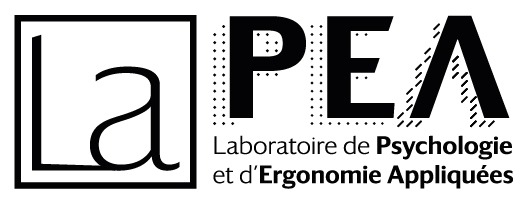Our research objective is to define if Creative Ecosystems are the confluence of knowledge, perceptions, emotions, and motivations that individuals experience as they engage with and make sense of their social environments and connections.
Résumé :
Creativity is an incredibly complex phenomenon, explored from multiple fields and in an array of perspectives across time. With the increasing complexity of possible perspectives to address it, some researchers proposed a model to synthesize creativity as a whole system made of different components (Rhodes, 1961; Glaveanu, 2013; Lubart, 2017). Gruber (1981) said that “without any one of a number of vital organs, the individual dies; without any one of a number of vital components, an argument fails” (p.5). So, what are the “vital organs” of creativity? Considering creativity as a dynamic “set of distinct components with specified relationships” (Stahl & Brower, 2020, p.464), distinct components for creativity were analyzed according to the Evolving Systems Approach (Gruber, 1988), Investment Theory (Sternberg & Lubart, 1991), and Componential Theory (Amabile, 2013). Thus, the use of this technique seems particularly suited to our research objective, which is to define if Creative Ecosystems are the confluence of knowledge, perceptions, emotions, and motivations that individuals experience as they engage with and make sense of their social environments and connections.
Keywords: creativity; predictors; creative processes; sociocultural perspective.
Directeur de Thèse
Todd Lubart, Professeur des Universités — Université Paris Cité — Directeur
LinkedIn – https://www.linkedin.com/in/felipezamana/
ResearchGate – https://www.researchgate.net/profile/Felipe-Zamana
À lire aussi
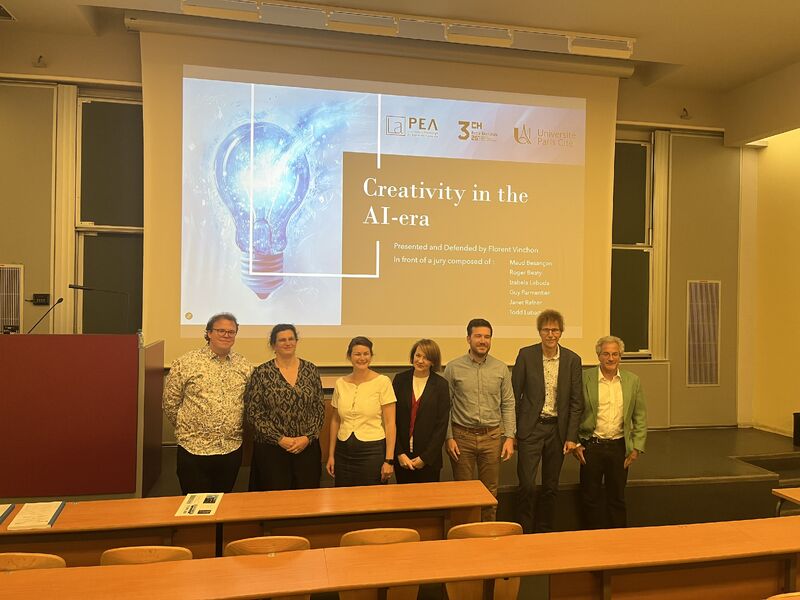
Soutenance de thèse de Florent Vinchon
Mercredi 21 mai à 9h, à l’Amphithéâtre Anzieu de l’Institut de PsychologieTitre de la thèse : "La créativité à l'ère de l'intelligence Artificielle" Résumé de la thèse : Avec la popularisation des IA Génératives (GenAIs), un intérêt croissant s’est développé autour de...
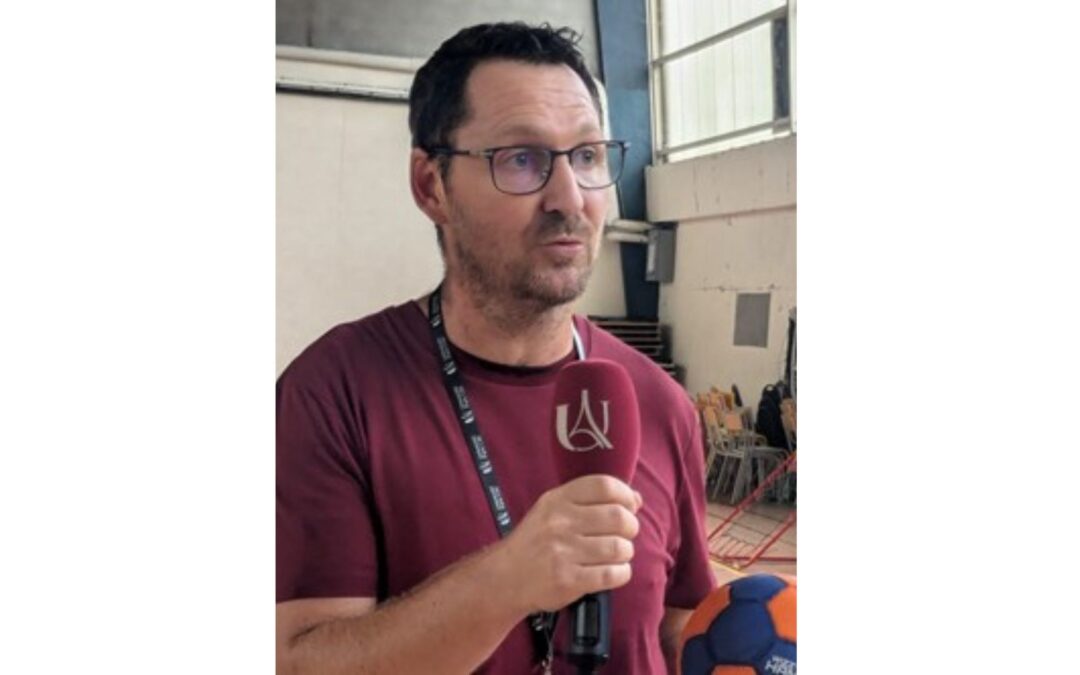
Alexandre Oboeuf : “Créer en jouant : la créativité motrice en situation incertaine”
Jeudi 19 juin 2025 à 10h30 en 2036. © Résumé : Dans les sports collectifs, que ce soit en club ou à l’école, la performance est souvent réduite à des critères physiques, techniques ou tactiques. Pourtant, les individus les plus performants ne sont pas...
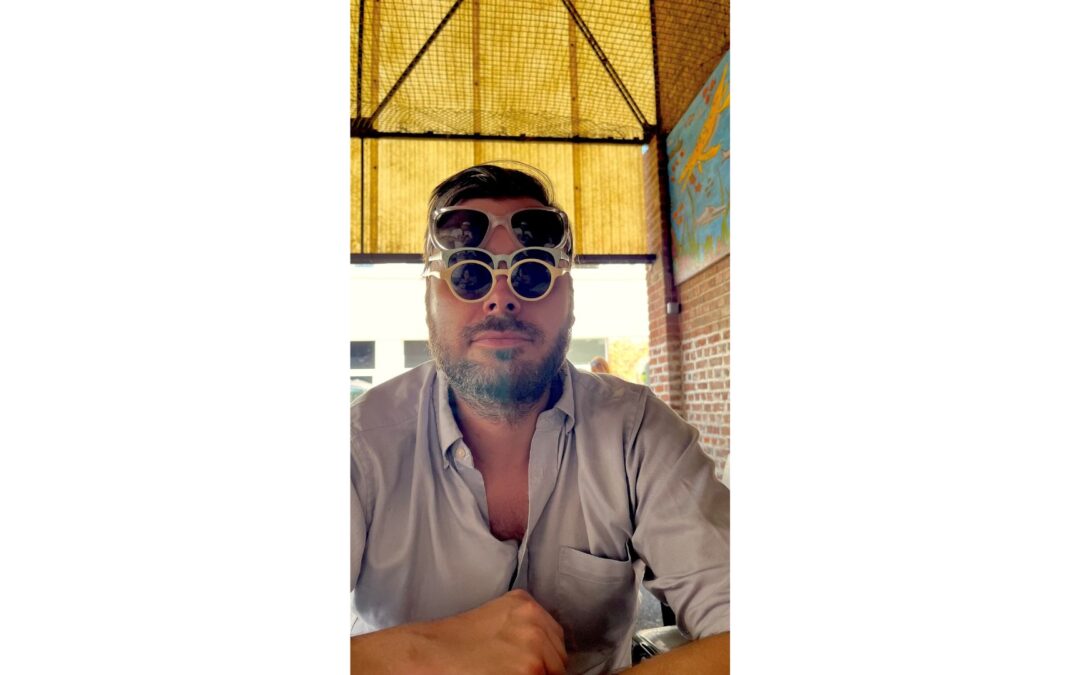
Raphaël Juillard : “Le Chercheur-Obstacle : Pour l’Étude du Moteur Créatif, entre Anthropologie et Psychologie”
Jeudi 27 mars 2025 à 10h30 en 1046. © Résumé : Le moteur créatif serait ce qui permet à l’artiste de traverser et progresser dans les étapes (Wallas, 1926) du processus créatif. Le Chercheur-Obstacle est un cadre théorique et méthodologique cherchant à en...
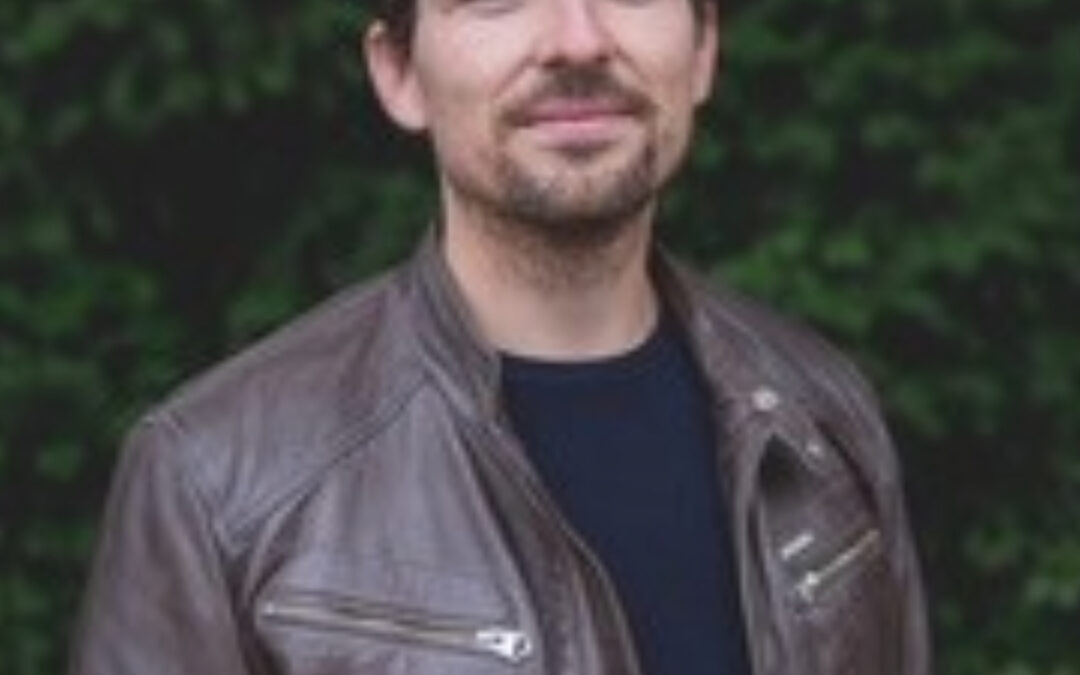
Jordan Navarro : De la coopération Homme-Machine à la symbiose Humain-Technologie
Jeudi 13 mars 2025 à 10h30 © Résumé : Un premier volet de la présentation portera sur les coordinations perceptivo-motrices en conduite automobile manuelle et assistée. Le second volet traitera de l’automatisation de l’activité de conduite automobile. Il...
